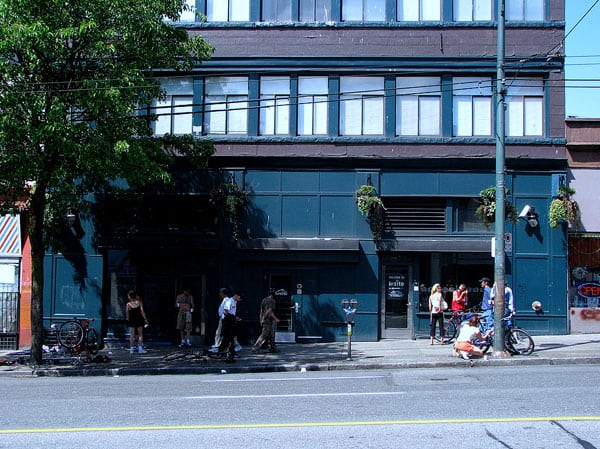
October 2, 2018; WHYY
A former Philadelphia leader is going to bat for the city’s controversial—and groundbreaking—proposal for a supervised injection facility.
According to reporter Bobby Allyn at WHYY, former Pennsylvania Governor Ed Rendell will help establish a nonprofit to do what the city legally cannot, and he’s also pledged to stand up to President Trump’s justice department in doing so, saying, “Arrest me first.”
Allyn writes:
One major question that has loomed over Philadelphia’s support of opening the country’s first supervised injection facility has been who would assume the legal risk of the nonprofit overseeing the site in the face of aggressive threats from the Trump administration that it would shut down the enterprise?
The answer: Ed Rendell, former Pennsylvania governor and mayor of Philadelphia.
In an interview with WHYY Tuesday, Rendell said he is incorporating a nonprofit called Safehouse that will solicit private funding to support a space where those struggling with opioid addiction can use illegal drugs under the watch of medical professionals.
NPQ reported on the increasing interest in needle exchanges and safe injection sites this past spring, following the Department of Health and Human Services’ much-belated declaration of the US opioid epidemic as a public health emergency in 2017. The administration’s five-point strategy for combatting the crisis focuses on improving access to treatment and recovery services via state-based grant funding, promoting use of opioid overdose reversal drugs, strengthening public health research and surveillance, and advancing better practices for pain management.
But, as nonprofits on the ground across the country have discovered, state and federal funds often cannot be used for some “harm reduction” strategies, such as needle exchanges and safe injection sites. Congress had prohibited funding for exchanges until early 2016, despite significant evidence that the programs reduce the spread of certain viral infections, saving money for taxpayers. The big caveat is that funds still can’t be used on syringes, effectively downshifting the cost to states and local nonprofits. The programs are also still divisive, despite being established in the 1980s during the AIDS epidemic, even in liberal communities.
Sign up for our free newsletters
Subscribe to NPQ's newsletters to have our top stories delivered directly to your inbox.
By signing up, you agree to our privacy policy and terms of use, and to receive messages from NPQ and our partners.
However, safe injection sites, which allow clients to use drugs under the guidance of a medical professional, have faced an even steeper uphill battle in the US. Research on some of the approximately 100 facilities in operation outside the US (mainly in Canada, Australia, and the EU) indicates a decrease in overdoses for users and more accessible treatment options.
Rendell authorized a citywide clean needle-exchange program in Philadelphia in 1992, as Allyn reports, so he has experience, plus the political clout needed to stand up to US Deputy Attorney General Rod Rosenstein, who has vowed to stop a supervised injection site from being established in the city.
“In January, Philadelphia Mayor Jim Kenney announced that the city was encouraging private entities to step up to support such a facility, which advocates call an overdose prevention site,” Allyn wrote. “Last year, more than 1,200 people in Philadelphia died from drug overdoses, mostly from opioids. The supervised injection site is seen as a healthcare entry point for opioid users and a possible link to treatment, but resistance from the Trump administration is strong.”
Rendell’s gambit almost sounds like a political stunt. But, the former district attorney announced this summer that he is undergoing treatment for Parkinson’s disease, so he’s clearly not running for president.
And, speaking from hard-won experience, Rendell argued that the administration’s narrow view of funding-worthy, harm-reduction strategies is “misguided,” according to Allyn:
Rendell said the Trump administration promising to come down hard on the proposal just because it is technically illegal is misguided. He cited studies that have shown that in Vancouver and across Europe, supervised injection sites have driven down the rate of fatal overdoses and provided a bridge to treatment services.
The Inquirer reported that the nonprofit will also receive guidance from some known city entities, in the form of an advisory committee with “some of the city’s most prominent health and philanthropic leaders, including Ana V. Diez Roux, dean of Drexel University’s Dornsife School of Public Health; Larry R. Kaiser, CEO of Temple University’s health system; Thomas Farley, the city health commissioner; David Jones, the commissioner of the city’s Department of Behavioral Health and Intellectual disAbility Services; and Sister Mary Scullion, the director of the homeless outreach organization Project HOME.”
At a time when cities and states hamstrung by the new administration’s approach to drug policy, Rendell’s commitment is a ray of hope.—Anna Berry












